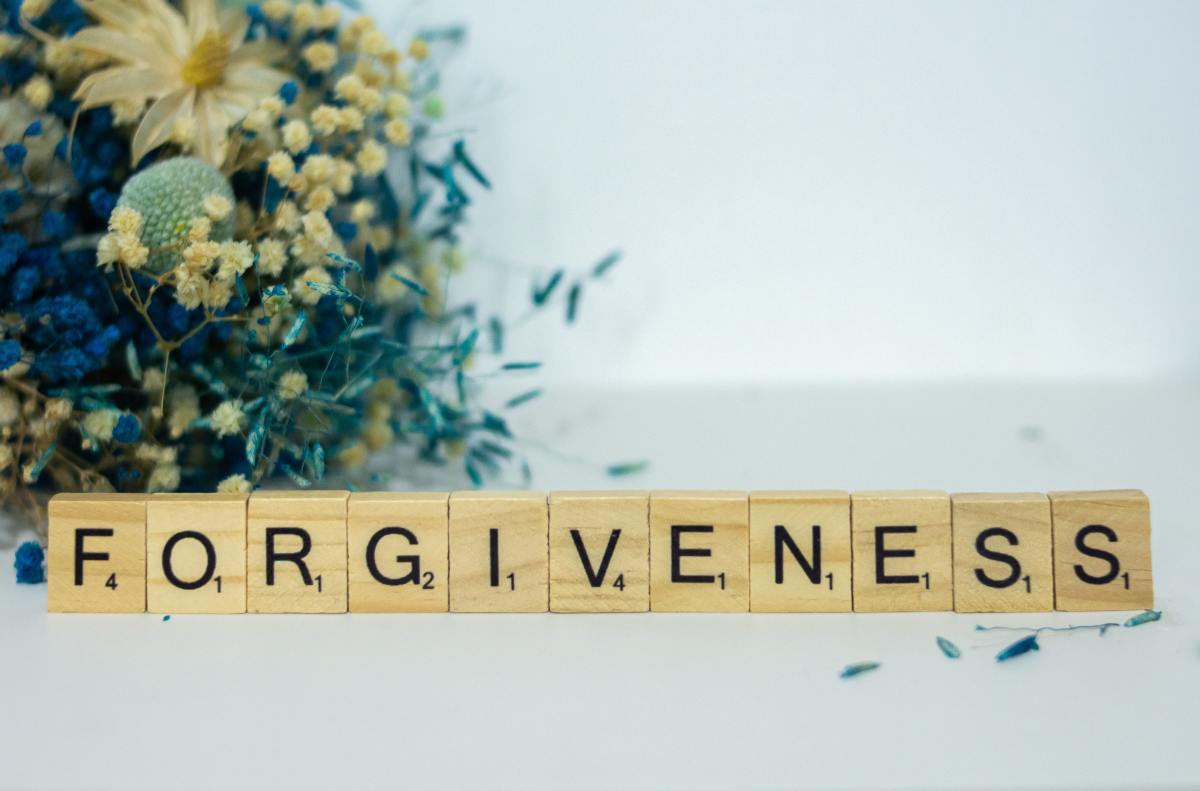Recognizing the Importance of Mercy in Recovery Relationships
Forgiveness is often watched as a straightforward act of letting go, yet its value in healing relationships extends much past mere absolution. What continues to be to be discovered is the extensive impact mercy can have on private growth and communal harmony.
The Interpretation of Forgiveness
Although mercy is frequently perceived as a simple act of letting go, its definition encompasses a complex interaction of mental and emotional procedures. At its core, mercy is the aware decision to release feelings of resentment or revenge towards a private or team that has created harm. This process is not merely concerning discharging the wrongdoer; rather, it includes a profound emotional makeover that can lead to individual development and recovery.
Mercy is diverse, commonly defined by an individual's internal struggle to integrate their discomfort with the wish for peace. It requires identifying the wrongs dedicated, refining the connected emotions, and inevitably deciding to relocate ahead without the problem of displeasure. This selection often entails a cognitive change, where one reframes their understanding of the wrongdoer and the transgression, allowing for compassion and understanding to emerge.
Notably, mercy does not imply pardoning the actions or forgetting the offense; it is a purposeful act that focuses on emotional wellness. By specifying forgiveness in this manner, we can value its function in promoting much healthier connections and promoting psychological strength, setting the stage for much deeper expedition right into its benefits.
Psychological Benefits of Forgiveness
Mercy uses considerable emotional advantages that can exceptionally influence an individual's psychological health and overall health. When a person chooses to forgive, they proactively launch feelings of anger, anger, and animosity, which can otherwise develop a hefty psychological problem. This release typically results in a reduction in stress and anxiety, advertising a sense of peace and emotional stability.
Moreover, mercy cultivates a raised ability for empathy and concern. By recognizing the viewpoint of the transgressor, people can grow a deeper psychological durability, which enhances their capacity to handle future challenges. This process not only enhances emotional regulation but additionally adds to a much more favorable overview on life.
Furthermore, forgiving others can strengthen one's self-worth and self-respect. It allows people to reclaim their individual power, damaging without the unfavorable cycles of victimhood - The importance of forgiveness. This newfound empowerment can result in much healthier emotional actions and more powerful social relationships
Mercy vs. Reconciliation
The difference in between mercy and reconciliation is essential in recognizing the dynamics of healing relationships. Forgiveness is an inner procedure in which a specific selects to allow go of resentment and adverse feelings towards somebody that has actually triggered harm. It is primarily a personal trip, concentrated on psychological release and self-healing, allowing one to move on without carrying the concern of past complaints.
In comparison, reconciliation entails rebuilding and recovering the relationship to a state of count on and common regard. This procedure commonly requires open communication, energetic involvement from both parties, and a commitment to dealing with the underlying concerns have a peek at this website that caused the problem. While mercy can take place independently, settlement requires the determination of both people to involve in dialogue and pursue a common understanding.
It is essential to keep in mind that mercy does not constantly result in settlement. A person might click site forgive an additional without deciding to bring back the partnership, particularly if trust fund has actually been irrevocably harmed or if the relationship is considered harmful. Comprehending this distinction enables individuals to navigate their emotions efficiently and make educated choices regarding their partnerships.
Steps to Cultivate Mercy
Growing mercy is a deliberate procedure that involves numerous crucial steps aimed at facilitating psychological recovery. The primary step is recognizing the discomfort triggered by the infraction. Recognizing one's feelings is necessary, as it enables people to refine their emotions really.
Following, reviewing the incident and understanding its influence can provide clearness. This reflection must consist of examining the motivations behind the transgressor's actions and acknowledging that every person is imperfect.
The 3rd step includes making a mindful decision to forgive. This decision is essential, as it signifies a readiness to allow go of animosity and progress.
Subsequently, sharing sensations in a useful way can be valuable - The importance of forgiveness. Whether via journaling, chatting with a relied on good friend, or looking for treatment, articulation of emotions can help in the mercy trip
Real-Life Instances of Forgiveness

In one more instance, a dense group of pals encountered a significant break after one participant inadvertently shared a personal secret. Rather than nurturing animosity, the impacted friend chose to forgive, understanding the significance of valuing the relationship over the mistake. This choice motivated open discussion and eventually enhanced their connection.
Conclusion
In conclusion, forgiveness plays an essential duty in the recovery of connections by facilitating the release of adverse emotions and fostering empathy. By differentiating in between mercy and settlement, people can participate in a useful process that boosts psychological well-being. Executing steps to cultivate mercy can result in transformative end results, enhancing connections and advertising a helpful setting. Inevitably, the method of mercy functions as a driver for personal growth and the nurturing of much healthier interpersonal dynamics.